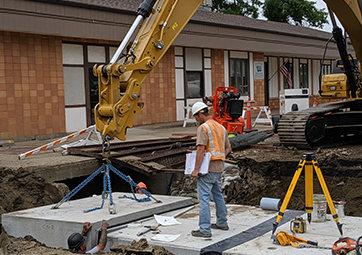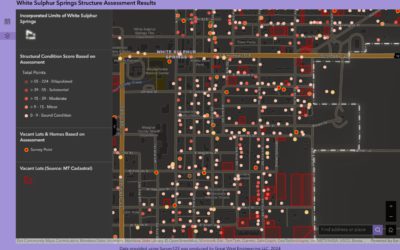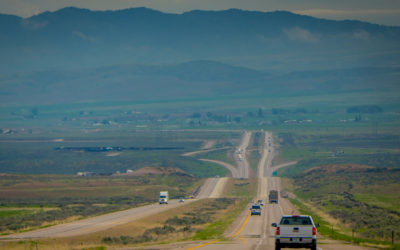What is a Resident Project Representative (RPR) and what benefits do they bring to a project or the Owner? Some see an on-site inspector or RPR as “just another hard hat sitting in a pick-up or leaning on a shovel” and a “necessary evil”. This is far from reality, and having a qualified RPR on-site during construction provides many benefits to the Owner and helps provide a successful project that will last for years to come.
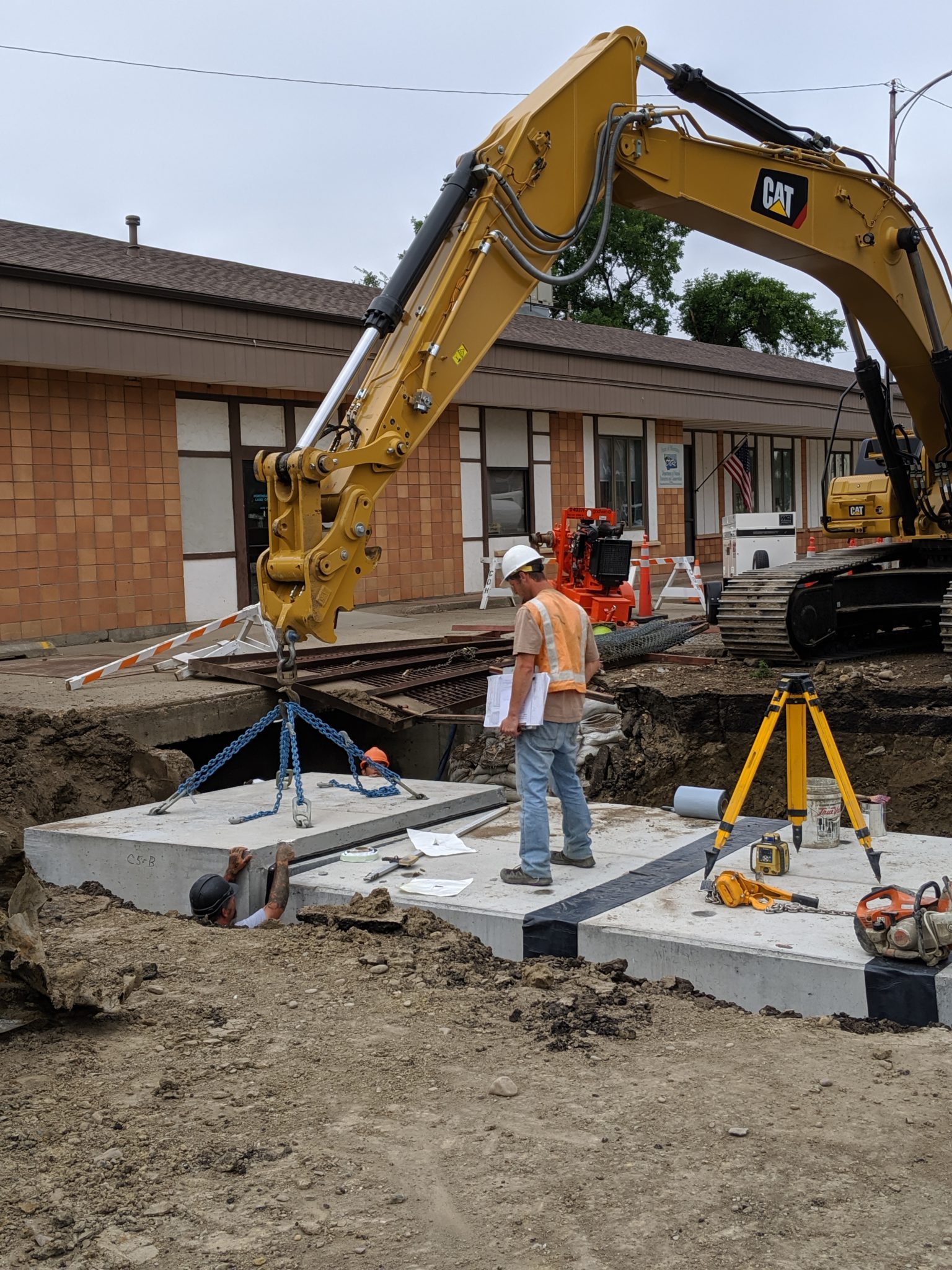
A Great West RPR Observes Construction of a Stormwater System
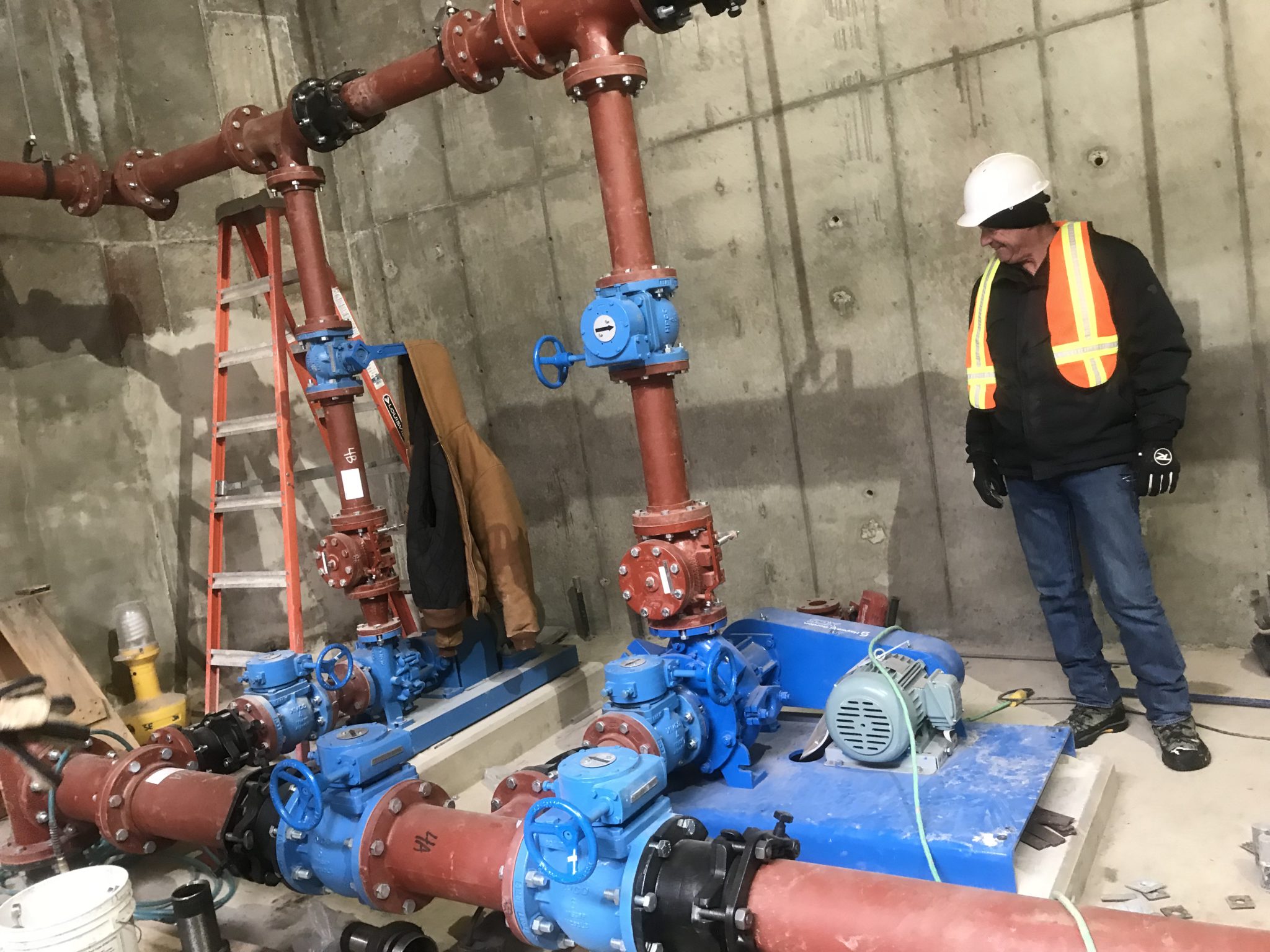
A Great West RPR Observes the Installation of Piping at a New Wastewater Treatment Plant
Some of the many ways an Owner and a project benefit from on-site inspection are described in the following sections.
Quality Assurance
Quality control is the Contractor’s responsibility, but providing quality assurance on a project typically falls on the Owner. Quality assurance can be accomplished through numerous methods but boils down to ensuring the Owner gets what they paid for and the work is completed in accordance with approved plans and specifications.
An on-site RPR can facilitate the quality assurance process in many ways including observing the Contractor’s means and methods and confirming materials comply with the approved specifications and shop drawings. The RPR also verifies quantities and measurements of completed work and coordinates and observes required quality control testing. Throughout the process, the RPR will develop and maintain a punch list of items of the work requiring corrective action.
Permitting is another area of ever increasing importance as regulations continue to expand and become more complicated. An RPR will be familiar with all local, state, and federal permits acquired for the project by both the Owner and Contractor and can document compliance with the permits during construction. They can also bring instances of noncompliance to the attention of the Contractor, Owner, and Engineer, so the issues can be promptly addressed.
Communication
Owners have many responsibilities requiring their time and attention in addition to ongoing projects. The RPR acts as the “eyes and ears” for the Owner and Engineer on the project and as a liaison between the Owner, Engineer, and Contractor. This real time and constant channel of communication can significantly help to keep a project running smoothly with minimal delays.
An RPR that is well trained and familiar with the project can provide the Contractor clarification on the majority of questions regarding the plans and specifications but also know when a formal Request for Information (RFI) needs to be submitted to the Engineer. Proactively identifying potential concerns or complications with the ongoing work is another benefit of having an on-site RPR. This allows the Owner, Engineer, and Contractor to develop a plan to address potential issues ahead of time, which directly results in fewer delays to the schedule or impacts to the project budget.
Being on-site full time or at important milestones during the project allows the RPR to notify the Owner, Engineer, and Contractor whenever ongoing work does not meet the approved plans and specifications. These concerns can then be addressed immediately versus determining the work is “unacceptable” once it is completed and requiring it to be removed, remedied, or replaced. Dealing with unacceptable work after the fact invariably results in schedule delays, potential claims from the Contractor, and often uncomfortable and even unpleasant discussions.
RPRs quickly develop a working relationship with both the Owner’s and Contractor’s personnel and a familiarity with their available resources and operations. This firsthand knowledge greatly improves communication between the Owner, Engineer, and Contractor when planning and coordinating the schedule to minimize impacts to the Owner and interruptions to services.
Lastly, RPRs regularly find themselves on the front lines of public relations during projects. Neighboring property owners will often have questions about the ongoing work, and the RPR can provide updates on the schedule and progress to interested parties that prevent phone calls to the Owner. The RPR also ensures that required notifications for interruptions in service, street closures, or similar impacts are distributed within the specified timeframe before the work proceeds.
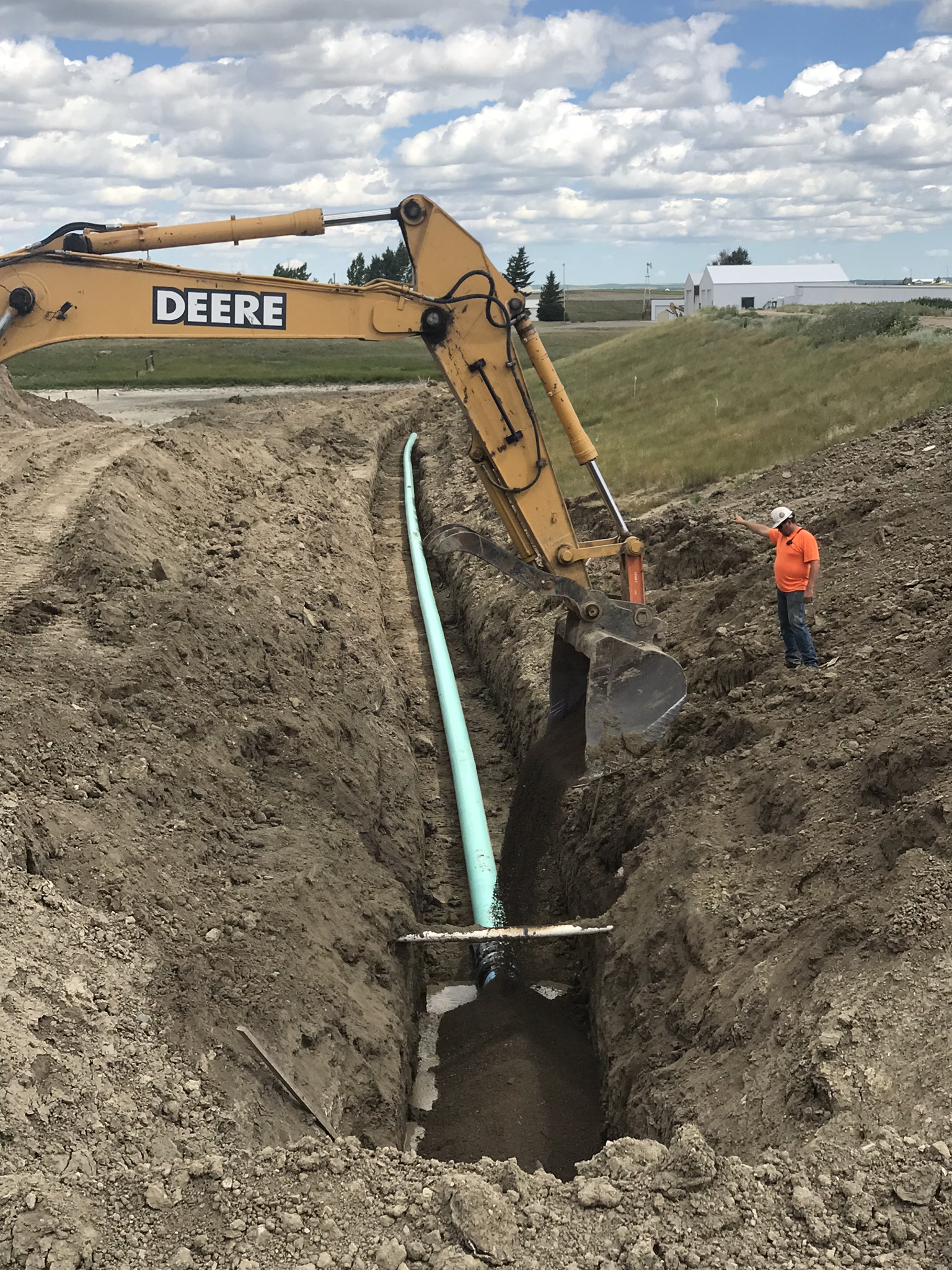
A Great West RPR Observes Construction of Water System Upgrades
Documentation
The importance of thorough record keeping and documentation during construction is regularly stressed by industry experts that specialize in risk management. Records of the construction process document the progress, decisions made along the way, and the final product being delivered to the Owner. Much of the documentation may never be reviewed or necessary, but it can be invaluable when warranty issues, claims from the Contractor, or similar issues arise.
Documentation regularly collected by RPRs includes:
- Records and results of quality control testing
- Daily field reports
- Photo logs
- As-built drawings
- Documentation of manufacturer’s start up and training
Daily field logs are particularly important and record what might seem like trivial information at the time including weather conditions, the number and types of Contractor employees and equipment on site, subcontractors on site, and material deliveries in addition to notes on the daily progress. The daily logs are utilized to verify quantities in routine pay applications and to document contract times. Information contained in the daily field logs is also routinely referred to during the evaluation and review of change order requests submitted by the Contractor.
Accurate as-built drawings to compare and combine with the Contractor’s as-built drawings are utilized to prepare Record Drawings of the completed project. The Record Drawings and photo logs provide the Owner a permanent record of the work. This is particularly important in the case of buried utilities or other items that cannot be inspected easily once they are in operation
Great West regularly provides RPR services to our clients with highly trained and well qualified staff members. To learn more about how a RPR can benefit your project, contact us today!
LATEST NEWS
Beyond the Blueprint: How GIS Enhances Engineering & Planning Solutions
Geographic Information Systems (GIS) have become an essential tool for communities striving to make smarter, data-driven decisions. From infrastructure planning to public engagement, GIS provides a dynamic way to visualize, analyze, and manage data across a wide range...
Yearly ROSE Award Winners
At Great West Engineering, we take pride in recognizing the dedication and hard work of our team. Each year, the Recognition of Special Effort (ROSE) award honors employees who go above and beyond—those who step up, make a difference, and inspire those around them....
Why Transportation Planning Matters
Transportation planning is the collaborative process of evaluating the current state of a transportation network at a local, state, or regional level, identifying future transportation needs, and outlining implementation and funding strategies to align with...

